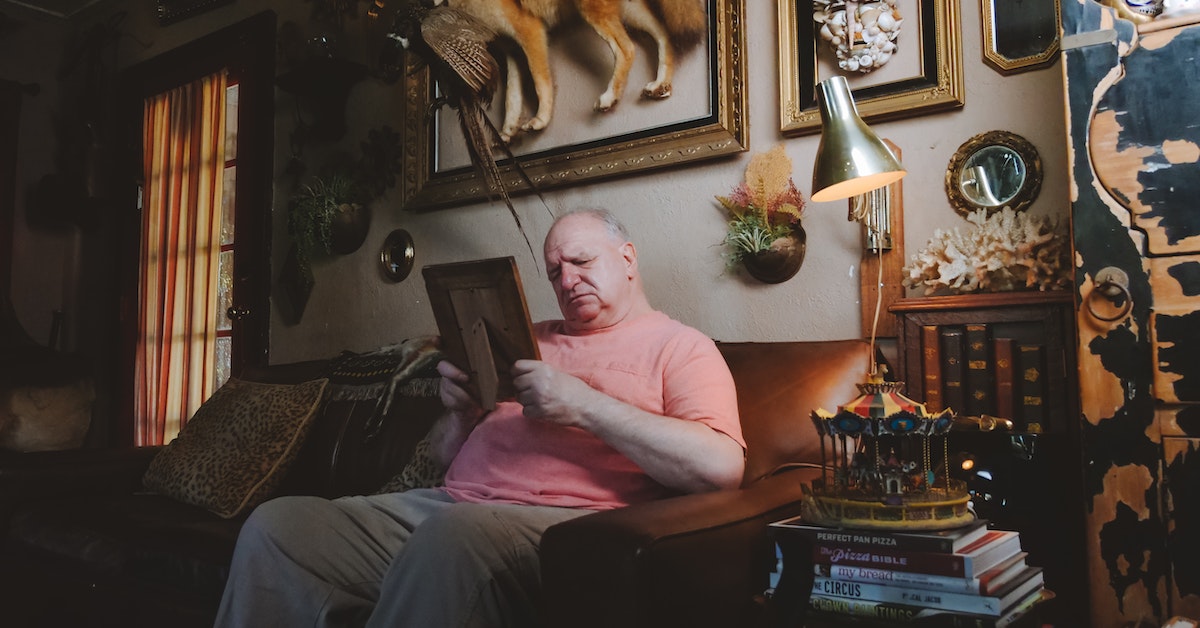Have you ever found yourself questioning the validity of a loved one’s will, especially when they were suffering from dementia?
This is not uncommon, and we’re here to shed light on this complex issue. Understanding testamentary capacity, the mental ability to write a will, becomes critical when contesting a will due to dementia.
The law looks at a person’s mental capacity rather than a medical diagnosis to ascertain their ability to make sound decisions regarding their estate.
It’s not a straightforward task and involves a thorough understanding of legal criteria, proof of influence, and timely action.
Stay with us as we delve into these intricacies, illuminating real-life cases, the procedural aspects, and the telltale signs to watch for when dealing with a person affected by dementia. These factors can shed light on why a previously made will might still be subject to contestation.
Table of Contents
Understanding Testamentary Capacity
Testamentary capacity refers to the mental and legal ability of an individual to create or alter their will. It demands that the person, or testator, understand the nature of making a will and the impact it will have, including the extent of their assets and the potential claims of the beneficiaries.
Impact of Dementia on Testamentary Capacity
Dementia can affect a person’s memory, attention, and decision-making abilities, which could potentially undermine their testamentary capacity. This includes their ability to understand the implications of their will and the proper allocation of their assets.
Those suffering from dementia may experience variations in mental capacity, with moments of clarity known as ‘lucid intervals’. This can complicate assessments of testamentary capacity, as a will written during a lucid interval might still be valid despite a general decline in cognitive function.
It’s important to note that a diagnosis of dementia does not automatically negate testamentary capacity.
The critical consideration is whether the individual had the necessary understanding and intent at the time of creating or modifying their will.
This is assessed on a case-by-case basis, taking into account factors such as the person’s behaviour, their interactions with others, and their ability to make rational decisions.
Grounds for Contesting a Will Due to Dementia
Contesting a will due to dementia involves intricate legal considerations. These grounds collectively highlight the need for a thorough examination of the circumstances surrounding the will’s creation when contesting it on the basis of dementia.
Lack of Testamentary Capacity
This is the main ground for contesting a will due to dementia. It requires evidence to suggest that the testator lacked the mental ability to understand the implications and effects of their will at the time it was made or altered.
Influence of Delusions or Hallucinations
If the testator was suffering from dementia-induced delusions or hallucinations that directly impacted the decisions regarding their estate, it may provide a valid ground to contest the will.
Significant Changes in the Will
Sudden or unexplained alterations in the will, particularly if these changes favour a single beneficiary or disinherit others without a clear reason, can indicate potential undue influence or a lack of capacity.
Evidence of Coercion or Manipulation
Proof of undue influence by a third party, especially one who benefits significantly from the changes, can form the basis for contesting the will.
Deviation from the Testator’s Usual Solicitor
It might be suspicious if the beneficiary’s solicitor or someone other than the testator’s regular solicitor prepared the will.
Remember, proving a lack of testamentary capacity or undue influence requires substantial evidence, and each case is evaluated based on its unique circumstances.
Evidence Required in Contesting a Will Due to Dementia
Contesting a will due to dementia necessitates a careful assembly of compelling evidence.
- Medical Records: Comprehensive medical documentation detailing the testator’s diagnosis, the progression of the disease, and any episodes of severe cognitive impairment is crucial. This helps establish a picture of the testator’s mental health condition at the time of making the will.
- Testimonies from Medical Professionals: Statements from doctors, nurses, or other healthcare providers who interacted with the testator around the time the will was made can be beneficial. They can provide insights into the testator’s mental state and their understanding of the decisions they were making.
- Statements from Witnesses: Witnesses to the will or individuals who were present during its drafting and signing can provide critical evidence. They can attest to the testator’s state of mind and whether there was any sign of undue influence.
- Changes in the Will: Documented alterations, especially those made close to the time of the testator’s death or during the progression of dementia, can be significant. This includes disproportionate bequests or sudden disinheritance that contradict the testator’s known wishes or patterns.
- Proof of Undue Influence: Any evidence of coercion, manipulation, or an imbalance of power between the testator and a beneficiary can support a claim of undue influence.
- Solicitor’s Records: Records from the legal professional who helped draught the will can provide insights into the testator’s instructions, their understanding of the will, and any signs of external pressure or confusion.
[rcblock id=”3698″]
A Case Example of Contesting a Will Due to Dementia
Croft v. Sanders [2019] NSWCA 303: In this case, a father changed his will late in life to bequeath the majority of his estate to one of his six daughters.
The other daughters contested the will, asserting that their father, diagnosed with dementia and experiencing hallucinations, lacked the mental capacity to make such a decision.
However, the NSW Court of Appeal upheld an earlier court decision, ruling that the father’s dementia did not deprive him of testamentary capacity.
The court pointed to evidence of the father’s rational business decisions and the episodic nature of his delusional beliefs, indicating he still met the criteria for making a will.
The Importance of the Testator’s Intent and Rational Ability: The above case serves as a significant reminder that dementia does not automatically invalidate a person’s capacity to make a will.
The court will consider the testator’s intent and their ability to make rational decisions, among other factors.
Furthermore, it stresses that each case is unique, and the judge will weigh all evidence, particularly focusing on the intent of the testator.
It demonstrates that it’s crucial to consider the specific facts and context of each situation when contesting a will on the grounds of dementia.
Need Help Contesting a Will Due to Dementia?
Walker Pender can guide you through this challenging process. With a wealth of experience and a deep understanding of Australian law, our team is ready to support you.
Call us today or visit our website for a confidential consultation. Let’s navigate this legal journey together.



